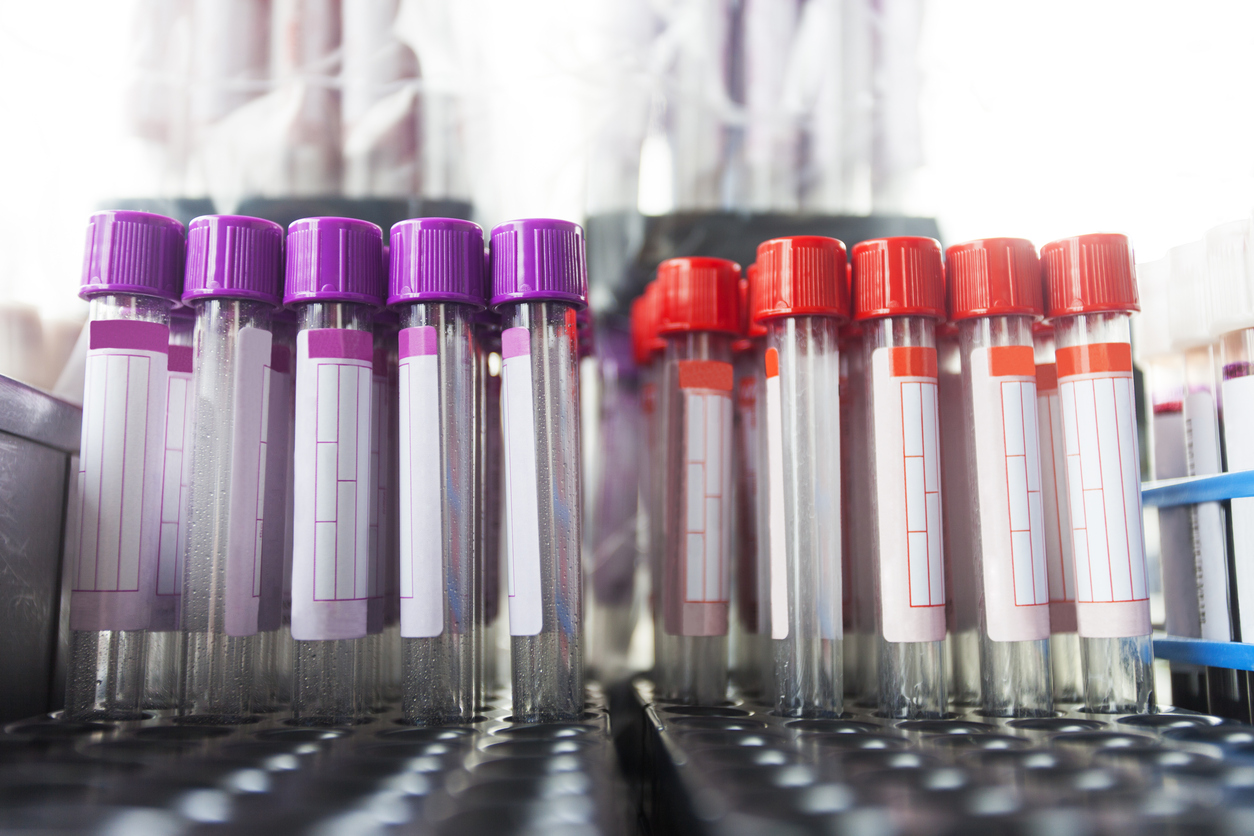Sutter continues the pursuit to catch cancers before they develop and spread.
Only a handful of cancers are routinely screened for in the U.S., leaving many types of the disease undetected.

Dr. Amanda Wheeler
“Cancers that are not routinely screened for often present at more advanced stages, limiting treatment options,” says Dr. Amanda Wheeler, breast surgeon with Sutter’s West Bay Medical Group and chair of Sutter’s cancer service line. “The ability to diagnose a cancer prior to becoming symptomatic can be a game changer helping save and extend lives.”
Hunting for Evidence in a Vial of Blood
To help aid earlier detection of more types of cancers, Sutter is enrolling eligible patients in a clinical study collecting data for early cancer screening.
The multi-site, national Real-world Evidence to Advance Multi-Cancer Early Detection Health Equity, or REACH study, will assess the effectiveness and outcomes in a clinical setting of Galleri®, a multi-cancer early detection test made by GRAIL, LLC.

Dr. Charles McDonnell
“Building on Sutter’s participation in GRAIL’s PATHFINDER and STRIVE clinical trials, the system’s collaboration in REACH marks a natural progression and a means to potentially help improve cancer care outcomes and reduce related patient out-of-pocket costs,” says Dr. Charles McDonnell, a radiologist with Sutter Medical Group and lead investigator of REACH at Sutter.
Sutter, with 12 study locations across its integrated system, is one of just two health systems in Northern California taking part in this critical research.
“Our participation in the study reinforces Sutter’s commitment to innovation, to research that helps realize the future of medicine and the advancement of technology for early detection of cancer,” explains Dr. McDonnell.
He says, if proven effective in catching the disease early, Galleri® blood tests have the potential to complement traditional screening methods and become standard protocol for early cancer detection.
Following Cancer’s Clues in DNA
Multi-cancer early detection blood tests like Galleri® search for remnants of tumor DNA, a genetic type of evidence left behind in the bloodstream when cancer is present. In the REACH study, investigators are examining whether using the blood test along with routine screening tests can detect the disease earlier before it develops further.
Prime Suspects for the Study
REACH will study approximately 100,000 people over the age of 50 with Medicare across the U.S. under a physician’s care in doctors’ offices, hospitals and clinics. Study participants are divided into two groups: one receives routine cancer screenings (e.g., such as those for cancers of the breast, colon and prostate), while the other receives both routine screenings and the Galleri® blood test once a year for three years, dependent on the test results.
The study and its collaborators, including Sutter, aim to support earlier cancer screening in vulnerable communities covered by Medicare, where many individuals may lack access to clinical trials or routine screenings for cancer. Within the parameters of this study, Medicare will cover the cost of Galleri® testing as part of the study and any follow-up care required for participants.

Dr. Natalia Colocci
“Multi-cancer early detection tests like Galleri® hold tremendous potential to change the landscape of cancer screening, significantly aiding our ability to catch more cancers earlier when they are treatable and potentially curable,” says Dr. Natalia Colocci, the Sutter cancer service line medical oncology section chief, and an investigator for the REACH study at Sutter’s Palo Alto Medical Foundation Research Institute.
Research to See the Future of Cancer Care
With each vial of blood drawn from REACH study participants, researchers at Sutter are gathering clues in DNA in an effort to help catch the disease at an early, more treatable stage.
“Routine screening saves lives, increasing the likelihood of early detection. When detected early, there are more treatment options and an increased chance of living cancer free. Don’t wait, get screened,” says Dr. Wheeler.
To learn more and to see if you qualify to join REACH at Sutter please contact the study team at clinicalresearch@sutterhealth.org.





